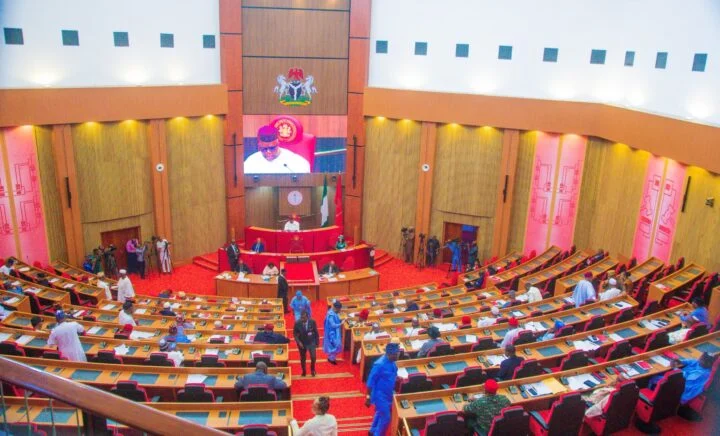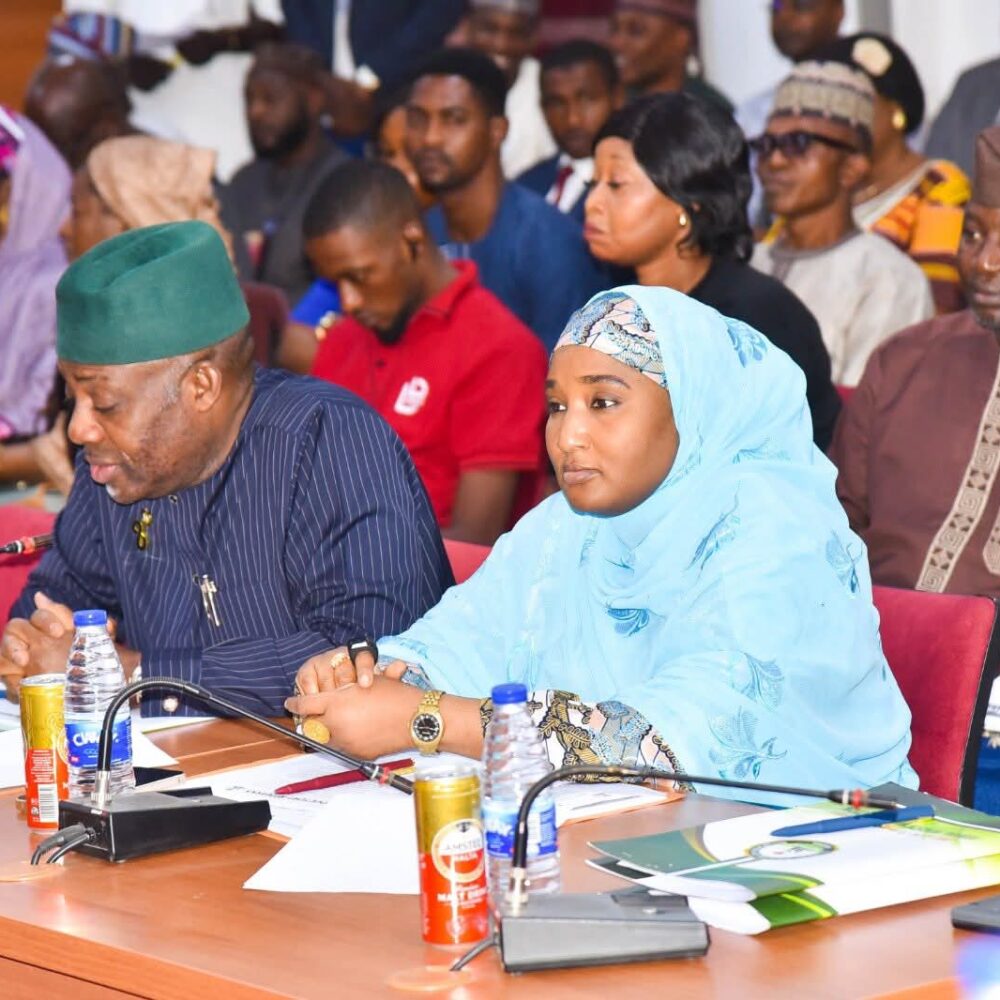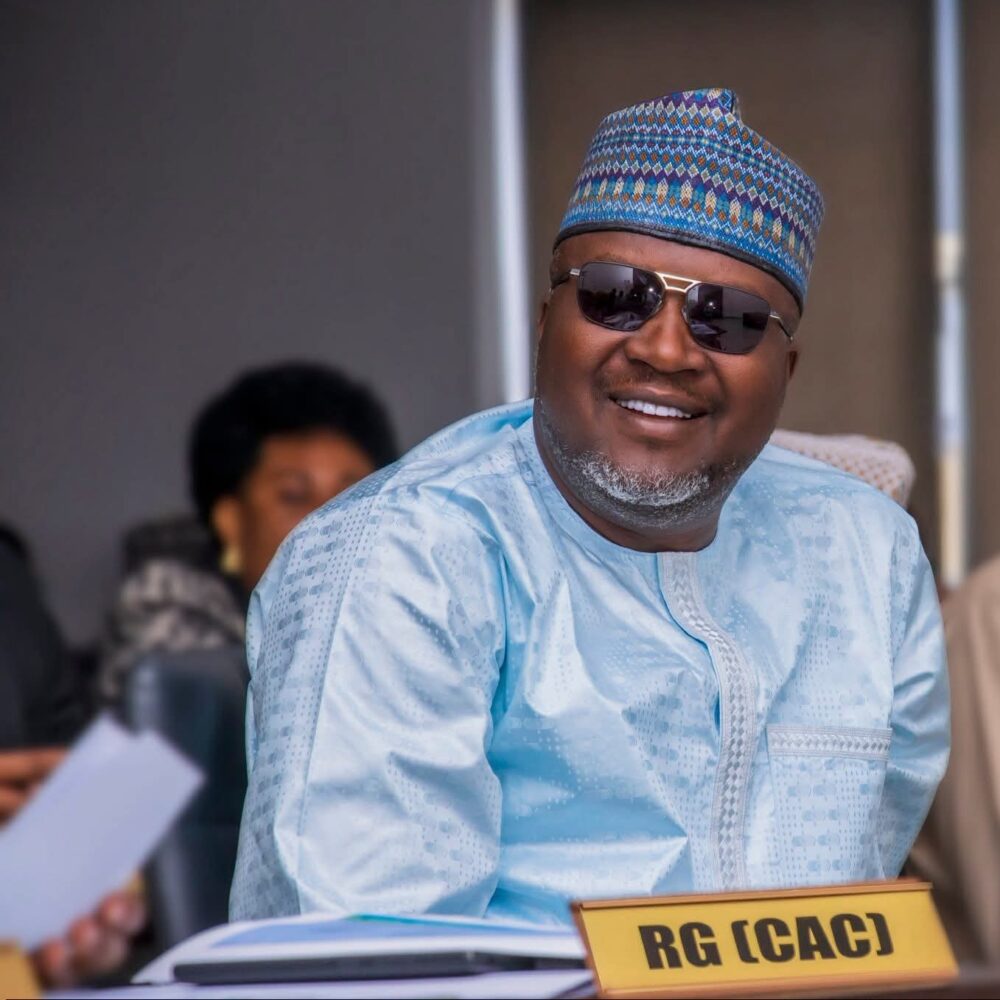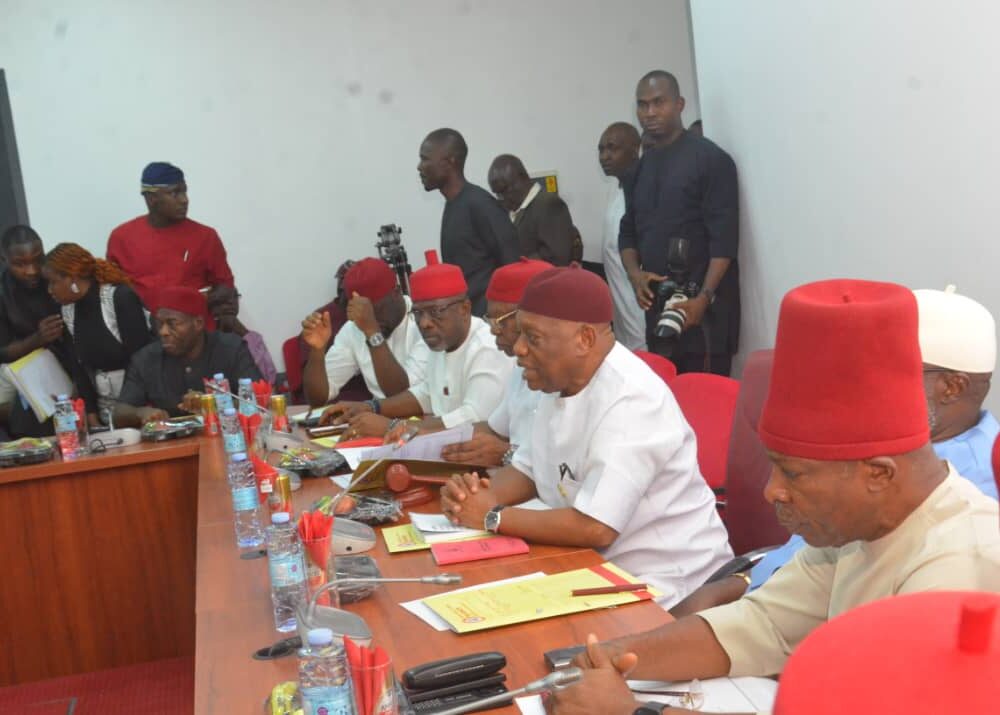The Nigerian Senate has criticized the privatization of the power sector as a “total failure,” described the operators of Generation Companies (GenCos), the Transmission Company of Nigeria (TCN), and Distribution Companies (DisCos) as unproductive. Lawmakers accused them of plunging the country deeper into darkness since the privatization policy was introduced in 2013.
During a heated plenary session, Senate President Godswill Akpabio expressed frustration over the lack of value added by power operators, highlighted instances where citizens and state governments were forced to provide transformers and pay for their installation while the DisCos took ownership.
Akpabio stated, “The people who took over the sector are just making money without adding value. We must act decisively to fix this failing system.”
The Senate Committee on Power, chaired by Senator Enyinnaya Abaribe, presented a report revealing that Nigeria’s national grid has suffered 105 collapses in the past decade. Restarting power plants after these collapses cost approximately $25 million (₦42.5 billion) per incident, with aging infrastructure and abandoned projects contributing to the failures.
The committee highlighted the urgent need for modernization, citing the absence of Supervisory Control and Data Acquisition (SCADA) systems and regulatory inefficiencies as key issues.
Senator Adams Oshiomhole described the privatization policy as flawed and exploitative, calling for a comprehensive review to align with the current administration’s “Renewed Hope Agenda.”
Similarly, Senator Abdul Ningi stressed the importance of imposing sanctions for lapses in the sector, argued that accountability is essential to drive meaningful change.
Following extensive debates, the Senate directed Abaribe’s committee to conduct a holistic investigation into the challenges of the power sector, including a possible reversal of the privatization policy and a declaration of emergency. The committee is expected to submit its findings in six weeks.





